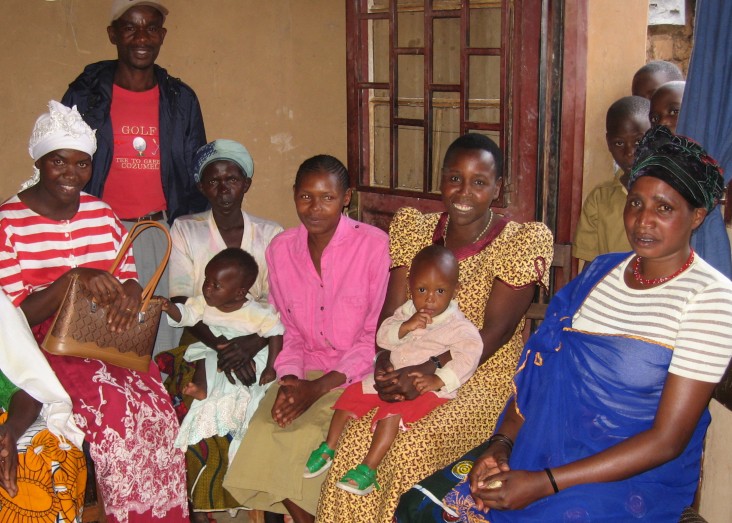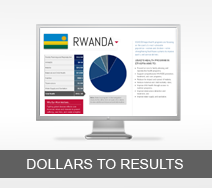
Agriculture and Food Security
USAID strives to expand food security and economic opportunity in rural areas by building sustainable market linkages, improving policy coordination, and supporting increased productivity for farmers. Our work for the past several years in the agriculture sector has increased the productivity and profitability of farmers and agro-industries, and as a result improved the lives of rural Rwandans, especially women.
Democracy, Human Rights, and Governance
USAID’s democracy and governance program in Rwanda builds on past progress to deepen ongoing reconciliation efforts across the country, strengthen civil society, address human trafficking concerns, create meaningful opportunities for civic engagement, improve rule of law, empower Rwanda’s burgeoning youth population, and professionalize the media sector.
Economic Growth and Trade
We provide support for the introduction of key reforms to improve the investment climate that will serve to attract investment and create new jobs and business opportunities for Rwandans. We also support sustainable management of natural resources.
Education
Our programs focus on improving the literacy skills of children in the Kinyarwanda language in grades one through three. Learning to read well in these early grades will provide children the foundation to succeed in future schooling, including in the transition to English as the language of instruction in fourth grade. We also support programs that provide Rwandan youth with basic life skills, market-relevant work readiness training, tools, and knowledge that encourage entrepreneurship and linkages to continuing formal education, paid internships, and employment. Our interventions also strengthen the efforts of local youth-serving organizations and support the Government of Rwanda’s Workforce Development Authority.
Global Health
USAID supports the Government of Rwanda’s initiatives to fight HIV/AIDS and malaria; increase the quality and use of family planning and reproductive health services; improve maternal, newborn and child health; support access to clean water and sanitation; improve nutrition; and strengthen the overall health sector.









Comment
Make a general inquiry or suggest an improvement.